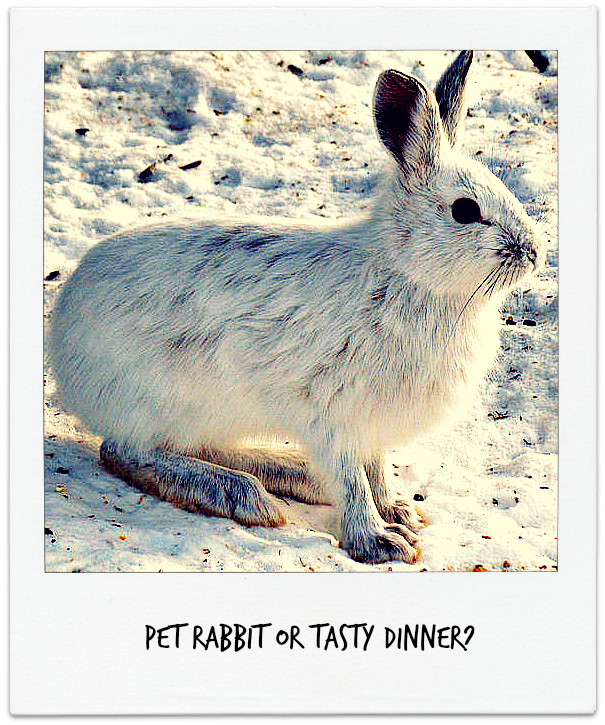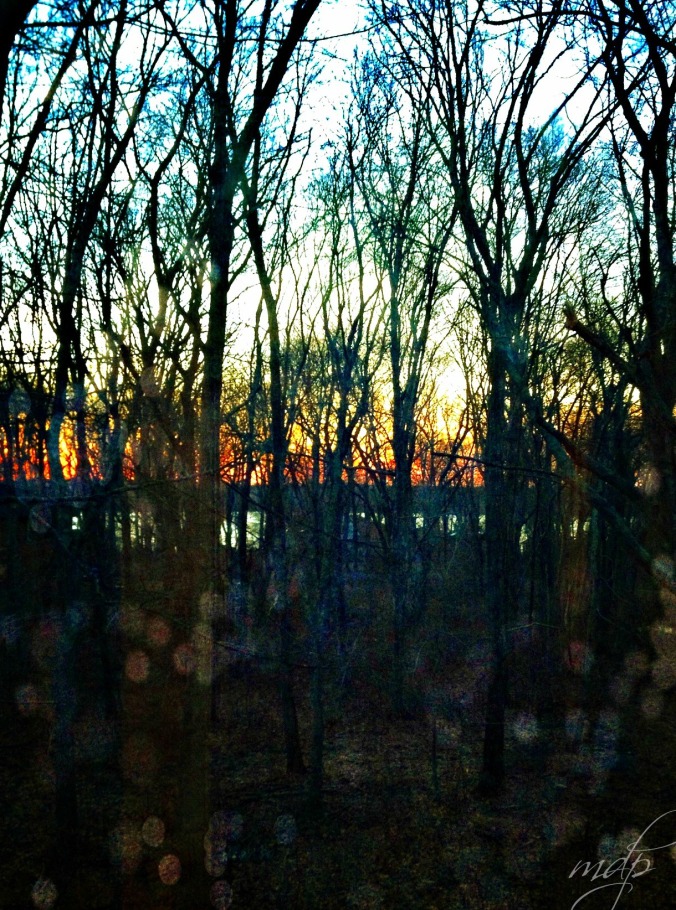When I was seven or eight, my father caught a rabbit. As in, saw it by the side of the road one winter evening, stopped the car, and chased it down. I don’t know what possessed him to do this. He’d been drinking and we were poor; presumably he saw it as an opportunity to bring home a pet for my younger sister and me. Also, he liked a challenge. This was a man who swam in the winter, in the Adirondacks where winters (and lakes) are frigid. He believed swimming in icy waters kept him from catching colds. I don’t know if that was true. It is true, however, that he is still alive and 82 (though he no longer drinks or chases rabbits or swims in winter).
My sister and I were happy to have the rabbit. A rabbit is soft and cuddly, and lives longer than a goldfish — especially our goldfish, which we had not had much luck keeping alive for very long. My sister kept wanting to hold hers; I kept forgetting to feed mine.
But this is not really about rabbits or pets or fathers who chase wild rabbits through the woods until they catch them. It’s about memory, and the illusionary nature of what we think we know.
What I thought I knew was this: my father chased a rabbit through the woods, caught it and brought it home. We kept the rabbit in a pen in the yard. I came home one day from school, or from playing, and learned that the rabbit was dead, which was bad enough, but then later sat down to a dinner of rabbit. Our rabbit. I am still traumatized by the memory. Especially after toting it around in my bag of recollections for so many decades. (It’s a wonder I am sane.)
After rummaging through my memory recently, I decided to fill in the gaps of this particular story. I called my sister, first. She remembered the rabbit incident. The neighbor’s dog killed it, she said. They gave us a black bunny to make up for it.
What neighbor, I asked? I didn’t remember the dog-as-rabbit-killer bit, or the black bunny replacement.
The people who lived next door, said my sister. An old couple, they drank a lot. I think his name was Bill.
Even with a nudge, I can’t remember the people who lived next door to us. I can vaguely picture the house — it was smaller than ours — but in my mind it always sat empty.
Okay, but Mom cooked the rabbit for dinner later, I said. I remember that.
I don’t think she cooked it.
She did!
Maybe. I suppose she could have. I remember eating rabbit when we were kids.
Then, I called my mother. Remember when Dad caught that rabbit and brought it home?
I think so, she said. We built a little pen for it. We went somewhere for the day and I forgot to leave it water until after we got home, and by then the rabbit was crazed from being so thirsty.
Is that how it died? Amy said the neighbor’s dog killed it.
I don’t remember how it died.
Did you cook it?
(I asked nicely. Not the least bit accusatory.)
No. Someone would have had to skin it.
Finally, I called my father, the man who caught the rabbit.
Our rabbit, I said. Amy claims the dog next door killed it.
No. The dog that killed it belonged to the family who lived on top of the hill. Your brother dated their daughter in high school.
Did Mom cook the rabbit?
There wasn’t much left of that rabbit after the dog got through with it. The people felt so bad they gave you ducklings.
Amy said we got a black bunny as a replacement.
Could have been, my father said.
So, there you have it. Mostly a true story, except for the rabbit being cooked. For the life of me, I don’t know where in my psyche that piece came. A bad dream, perhaps, fused with the memory by virtue of proximity in time.
To this day, though, I will not eat rabbit, nor will I ever as long as I live.
That part is completely true.



